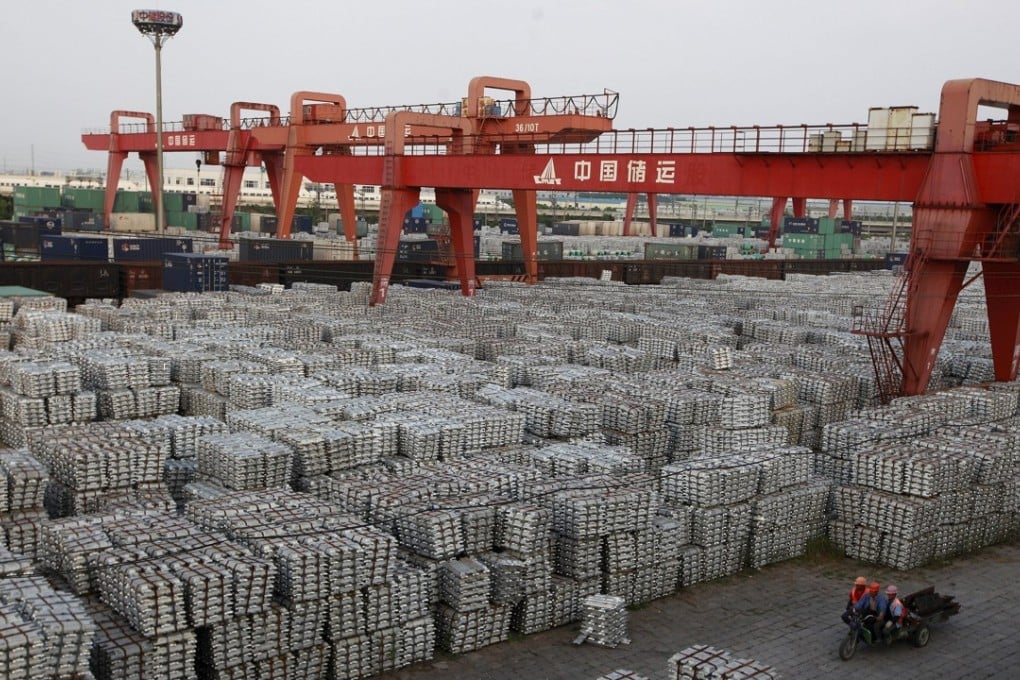Jake's View | Hong Kong courts on dangerous ground in a battle over free speech
Defamation lawsuit has consequences for investors as well as free speech in Hong Kong

A Hong Kong court has issued its first ban on a short-seller from releasing further negative reports on a mainland company in which it has holdings.
Business, December 15
I think our courts are treading on dangerous ground here, but let’s first set out how they may be right to tread dangerously on this occasion.
If there is good reason to believe that professional short-seller Emerson Analytics is acting maliciously by continuing to publish libellous research reports on the listed China Hongqiao Group, even after the company launched a lawsuit for defamation, then there are indeed some grounds for the prohibition.
It will take time for that lawsuit to be heard, and in the meantime the company’s share price could be trashed by continuing negative reports. If the company then wins the lawsuit it may find that it can never be compensated enough for the damage done to it.
And Emerson’s interests could indeed lie in trashing China Hongqiao’s share price. As a professional short seller, it makes its money by spotting overvalued companies with misstated prospects, then shorting the stock, loudly publishing its findings, and buying the shares back at a lower price when the market follows its lead.
